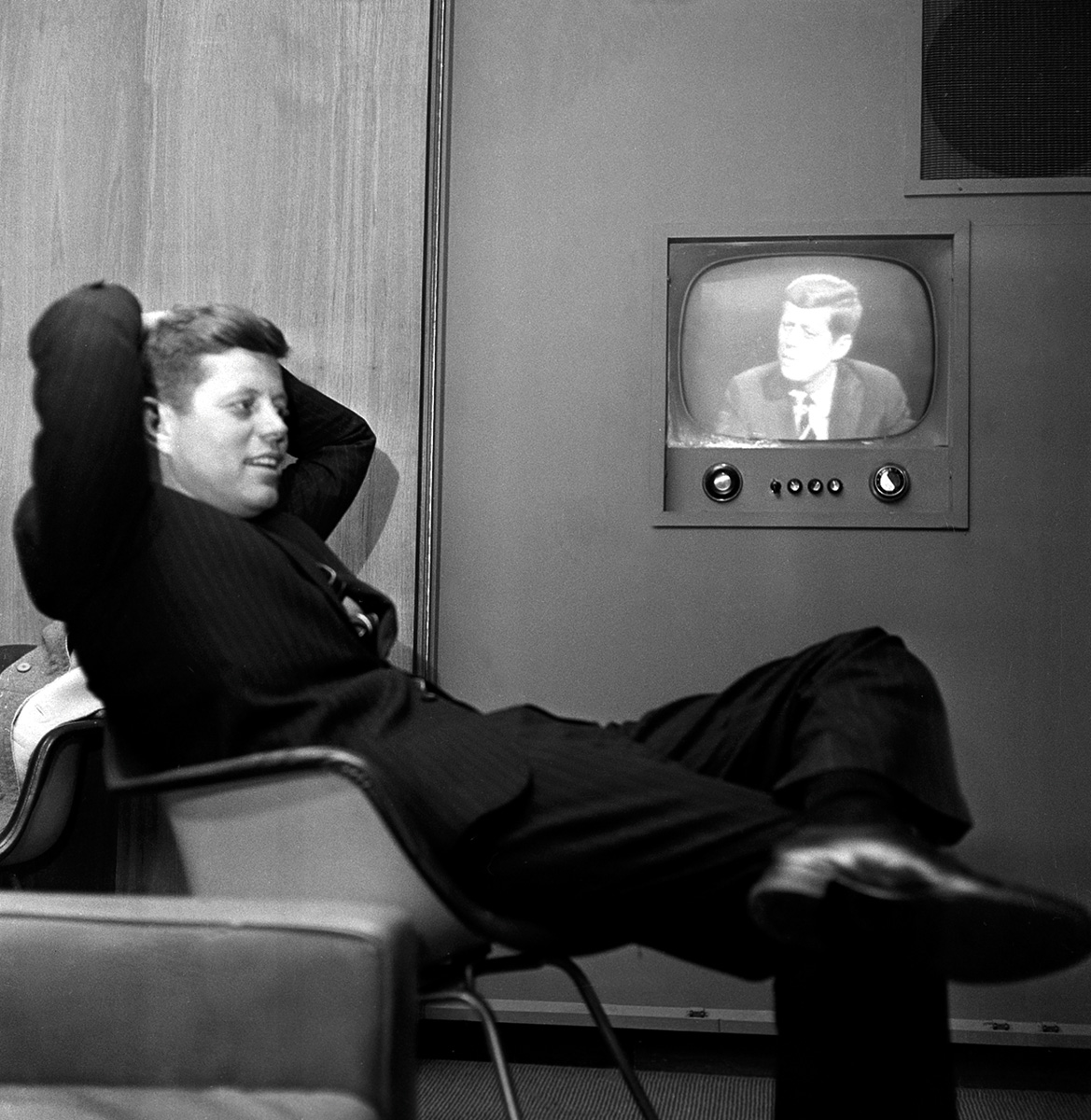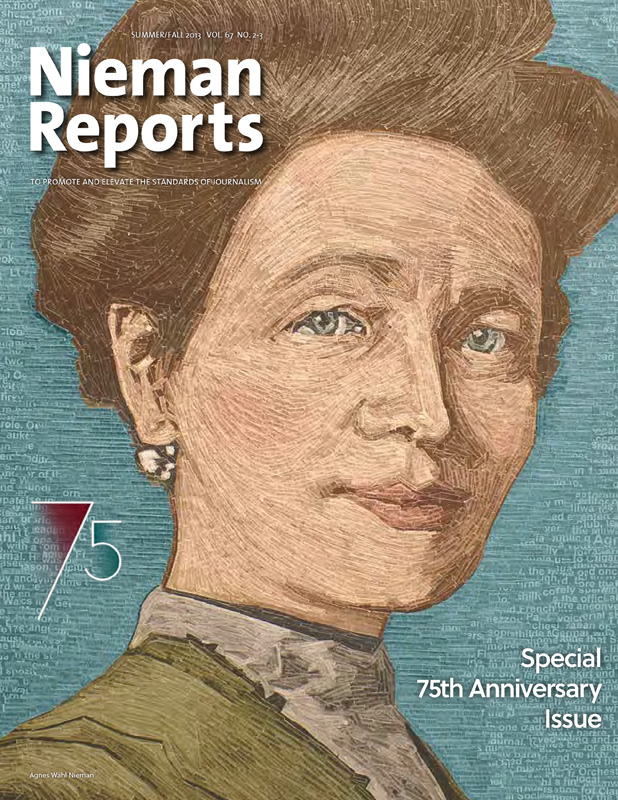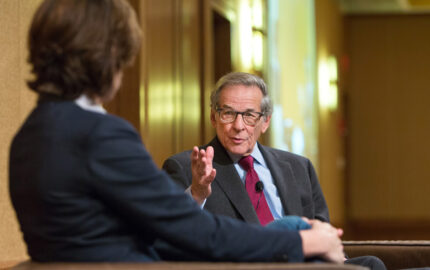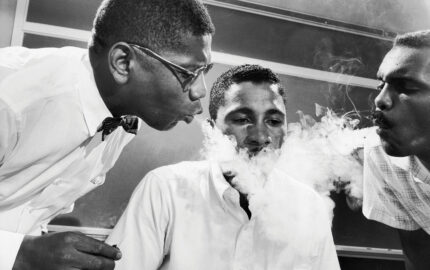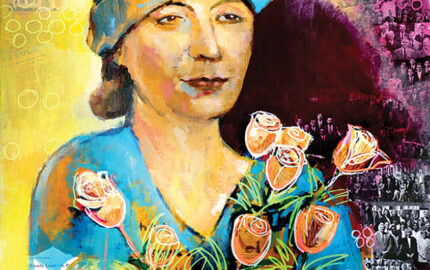A pioneer of cinéma vérité, Drew in 1960 used portable sound and film equipment he helped develop to produce “Primary.” For that documentary, Drew was granted round-the-clock access to presidential candidate John F. Kennedy during a pivotal primary election. Drew continued making films, letting characters in action tell their own stories
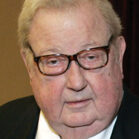
My first film was probably about as good as the best reporting films then appearing on television, which weren’t so hot, today aren’t so hot. It had a basic difficulty, and I didn’t know what it was.
So I took a year off. I went to Harvard on a Nieman Fellowship to try to figure out how journalism could work. And I found out something. What I found out was that reporting in television and the reporting I’d done were word-logic-based. That is, they were lectures with picture illustrations, or interviews, which is the same thing. Real life never got out of the film, never came through the television set.
We would have to drop word logic and find a dramatic logic in which things really happened. If we could do that, we’d have a whole new basis for a whole new journalism, which is kind of hard to define, but I’ll try. It would be a theater without actors. It would be plays without playwrights. It would be reporting with summary and opinion. It would be the ability to look in on people’s lives at crucial times, from which you could deduce certain things, and see a kind of truth that can only be gotten by personal experience.
From an interview with Drew included in the DVD set, “The Robert Drew Kennedy Films Collection”
